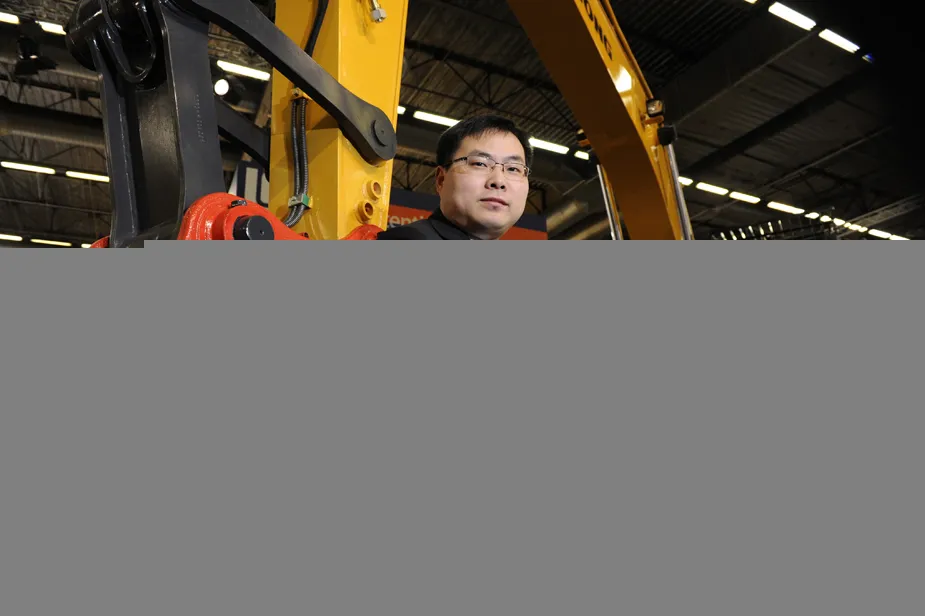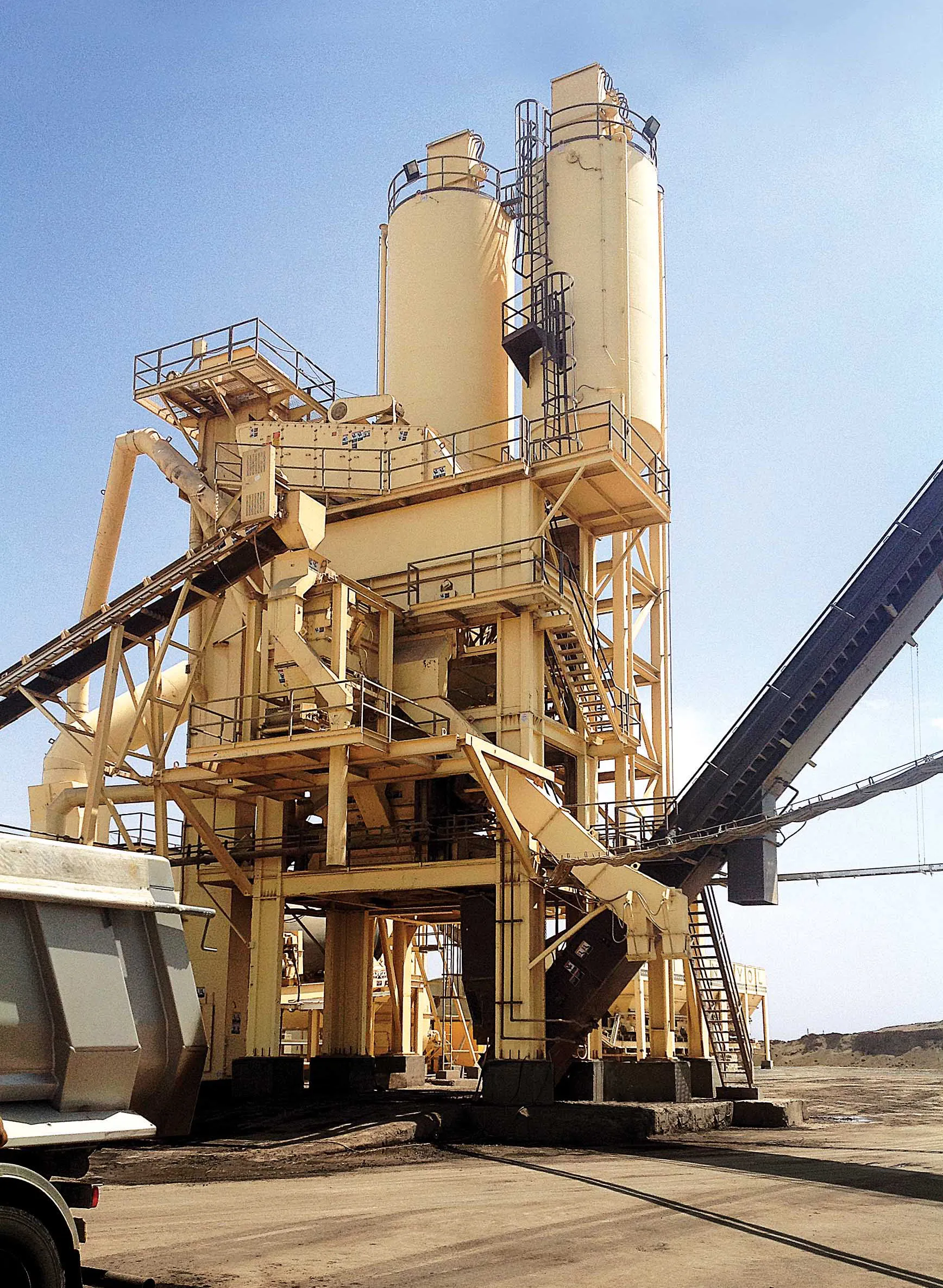Metso has now completed its acquisition of a majority stake in Chinese construction equipment supplier Shaorui Heavy Industries. This is a significant move and will strengthen Metso’s presence in the Chinese construction market. Shaorui Heavy Industries (Shaorui), is one of the leading mid-market crushing and screening equipment producers in China. The move leaves Metso with a 75% holding in Shaorui and an option to purchase the remaining 25% in the future. The size of the deal has not been revealed however
September 27, 2013
Read time: 2 mins
"The acquisition is an important step for us and helps us gain deeper knowledge of the products and customers in the Chinese construction markets. Our aim is to better serve the needs of our Chinese customers by developing technology for China,” said Pekka Pohjoismäki, president, Crushing and Screening business line, Mining and Construction, Metso. "Our recent actions in China, the acquisition of Shaorui Heavy Industries and the joint venture with









